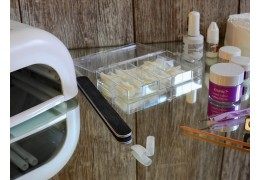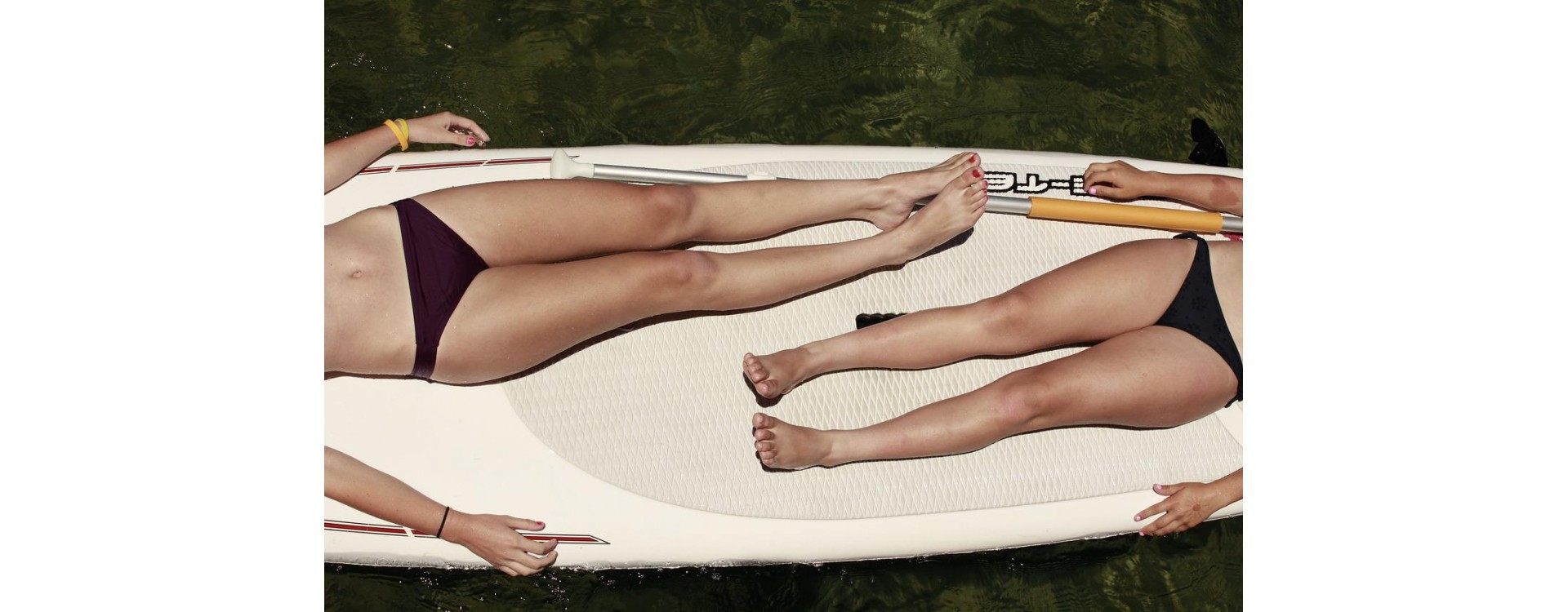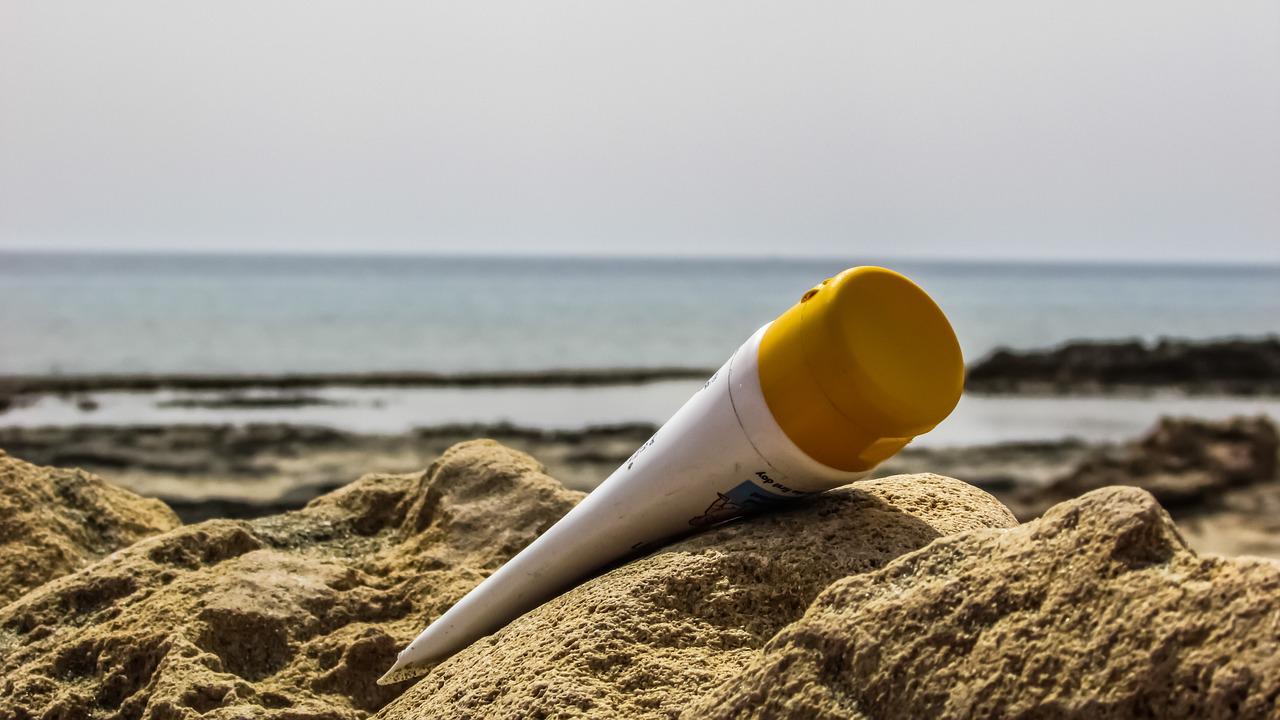Blog categories
Search in blog
Popular posts





Featured posts






The sun is the source of all life on Earth, but it can also be very damaging to our skin. UV rays from the sun can lead to premature aging and even an increased risk of skin cancer. In prevention, scientists have developed a number of products to protect our skin from the harmful effects of UV exposure. Among these is sunscreen, which is one of the most widely used methods to protect yourself from UV rays. Despite this, many people do not know exactly how to use it properly. So, how do the SPF of sunscreens work and which one to choose for your skin? This article will answer all your questions about sunscreens and help you determine which one is most suitable for you and your family.
Sunscreen is a type of lotion or cream that is applied to the skin to protect it from UV rays. They act by absorbing, reflecting or diffusing UV rays, preventing them from penetrating the skin. The chemicals in sunscreens decompose when exposed to the sun. This is why you should apply sunscreen 30 minutes before going out and every two hours after each swim.

Sunscreens work by preventing UV rays from reaching your skin. UV rays, which come from the sun, can make your skin age prematurely and increase the risk of skin cancer. When you apply sunscreen, it acts as a shield against these harmful rays. Sunscreen also slows down the natural production of melanin, a pigment that gives color to the skin. When exposed to UV rays, your body naturally produces more melanin to protect your skin and protect it from damage. This is the basis for the onset of sunburn: you let too much UV rays reach your skin, and your body tried to protect you by increasing the production of melanin.
When you think about buying sunscreen, you’ll notice numbers on the bottle. One of the most important is SPF, which means “sun protection factor”. This figure indicates in how much your sunscreen blocks UVB rays. Most people make the mistake of thinking that sunscreen with a higher SPF will protect them better. That’s not necessarily the case. In fact, a sunscreen with a 50 SPF blocks about 97% of UVB rays. But to be effective, SPF alone is not enough, here are the right steps to take in addition to the right solar product:

The UVA (PA) protection rating indicates the degree of protection of a sunscreen against UVA rays. UVA rays can cross clouds and even be sent back by certain tanning surfaces, making them even more dangerous. Unfortunately, most sunscreens do not offer great protection against UVA. This is why you should not bet everything on sunscreen and always stay alert to the sun.
When choosing sunscreen, there are several things to consider. First, you need to make sure that you are using a broad-spectrum sunscreen. A broad-spectrum sunscreen protects you from both UVA and UVB rays. You should also consider the SPF of sunscreen. SPF 15 is the recommended minimum, but higher SPF is recommended for greater effectiveness. It is recommended to start the season with an SPF 50 and gradually decrease to 30 and then to 15 in late summer.

But, depending on your needs, especially for people with fair skin, you can use sunscreen with an SPF 50 throughout the summer and regardless of the level of sun exposure. Finally, you need to determine which type of sunscreen is best for you. Sun products come in different forms: cream, lotion, gel, mist, oil, etc. If you have dry skin, a cream or oil will be adapted, because they will nourish your skin while making it less vulnerable to the sun. Sun gels and mists are very pleasant to apply, because they are fresh and not sticky. In any case, be sure to rely on well-known brands in the beauty and skincare market.
Now you know how SPF’s work on sunscreens and which one to choose. Everything will of course depend on your skin type and its needs. In addition to a suitable sun protection, be careful not to expose yourself to too much sun and drink enough water. These gestures, coupled with the use of a powerful solar product, are the best ways to protect your skin from UV rays.